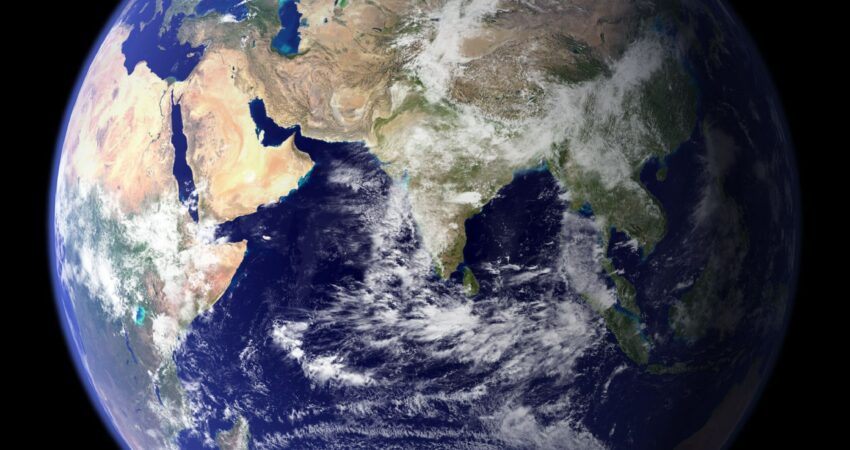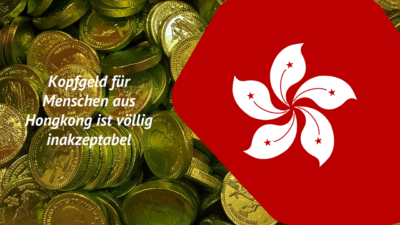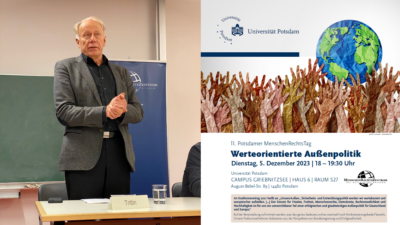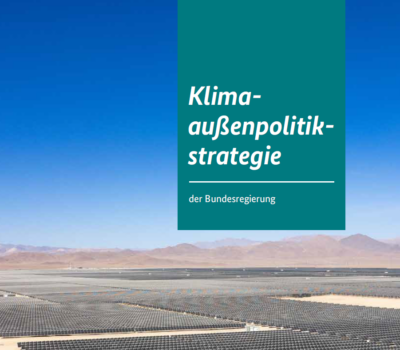No New Blocks for A Globalized World
- Geo-economics has largely replaced the age of arms races. In the US-China struggle for hegemony, the economy has become the primary battlefield, in which economic interdependence is one of the main weapons.
- The coronavirus crisis changed the balance of geo-economic power. China is the winner in economic growth, it increased its share of the global GDP. The US and Europe have lost economic weight.
- In the geo-economic power play, we see strategies of deterrence. But the recipes of the Cold War won’t work anymore. Imposing sanctions have become a key pillar in the US strategy and it is based on a bipartisan consensus. But what failed for half a century in little Havana, won’t succeed with a super-power like China.
- Sanctions like banning Huawei and TikTok aim at decoupling economies in a globalized world. Decoupling is not impossible – but it has a very high price. Decoupling in geo-economics means to deterrer the opponent with the threat of shooting yourself in the knee.
- The bipolar world is over. Two blocks and a so called Third World will not return. We are living in a world of comprehensive globalization, in which not only markets and information, but also cultures and challenges have become global – from refugees to terrorism.
- Global problems urge for global solutions. Global problems will not be solved by nations – even if they ally to form coalitions of the willing. Without China, without the US, without Europe the world won’t overcome the actual recession. Without these three poles we will not succeed in fighting global poverty nor in providing access to water and sanitation by realising the Sustainable Development Goals.
- Without the USA, China and Europe there will be no path to the 1,5 °C target limiting climate crisis. Paris was possible with the US-China-Agreement, brokered by John Podesta. The return of the US to the Paris Agreement is crucial for combating the climate crisis. But without the Green Deal and the decarbonisation of Europe before 2050 global warming will pass critical limits. And if China will not fulfil its commitments of reaching its carbon peak in 2030 and becoming carbon neutral before 2060, we will see the same result. Global crises need global cooperation.
- Joe Biden plans to build a new US-led alliance, countering China together with his European allies. But American interests do not meet European interests – from managed trade for Midwest farmers and a dominant finance and information industry to Europe’s automotive industry and machinery. The same is true for conflicts on subsidies, taxes and procurement.
- Europe has to strengthen its geo-economic strength. And Europe must learn how to deal with different, with difficult partners. Therefore, it has to finally treat China as the cooperation partner, economic competitor and systemic rival that it is. And we must also regard the USA equally as a cooperation partner and as an economic competitor.
- China and the USA simultaneously present different challenges and opportunities in different policy areas. Therefore, we need different strategies for each policy area. One way could be to identify common interest in these policy areas. Geo-economic times require case by case alliances – not new blocks in a globalized world.




Eine wohltuende Abgrenzung zum China Bashing einiger unserer Parteikollegen. Wir GRÜNE können kein Interesse daran haben dass Europa von irgendeiner Seite im globalen Powergame vereinnahmt wird. Europa hat definitiv andere Probleme, Ziele und auch andere Interessen !
Mit diesen 10 Punkten kann ich mich als grüner identifizieren. Es ist an der Zeit China so zu akzeptieren wie es ist und es nicht dauernd bevormunden zu wollen !